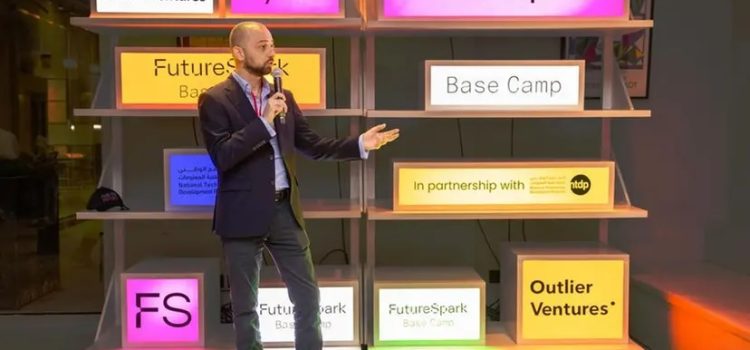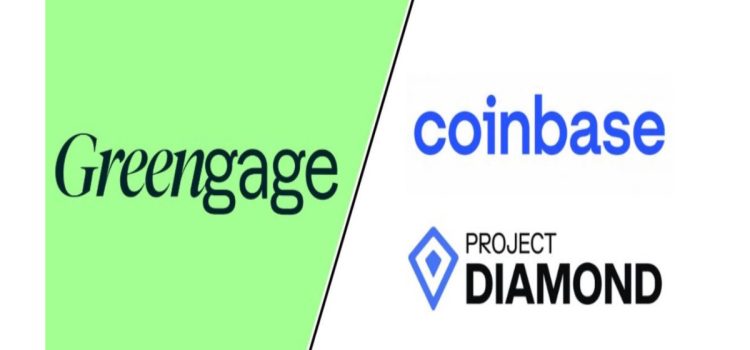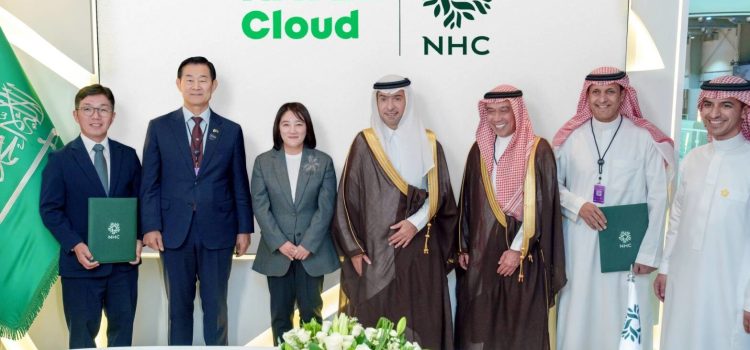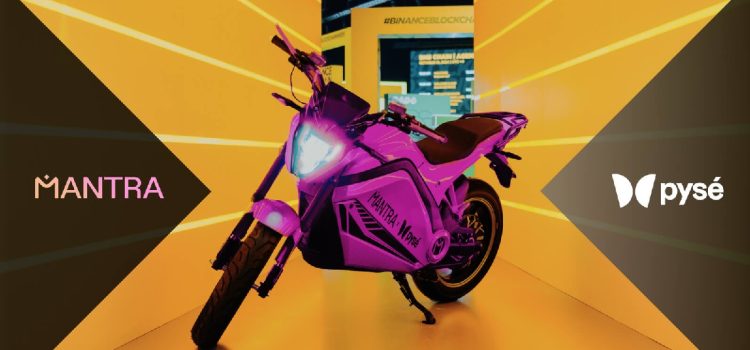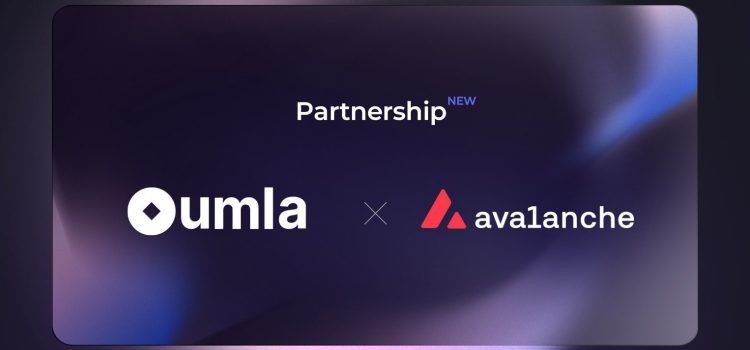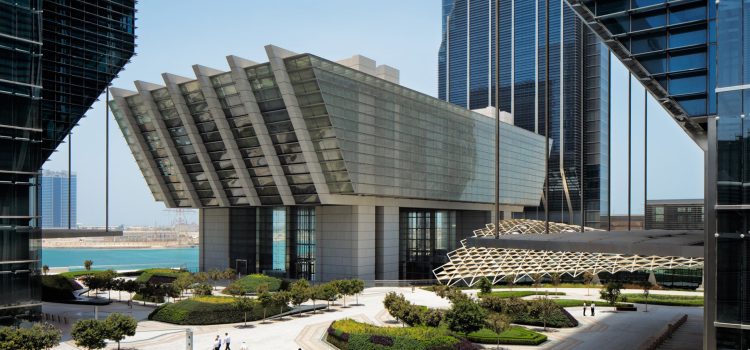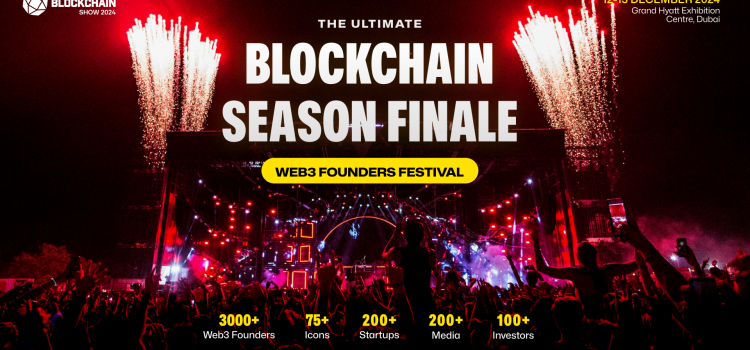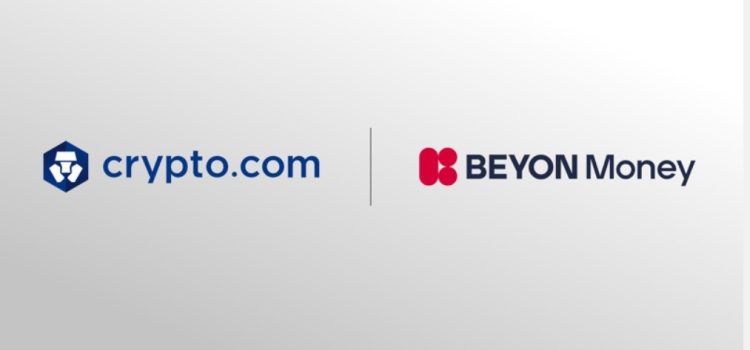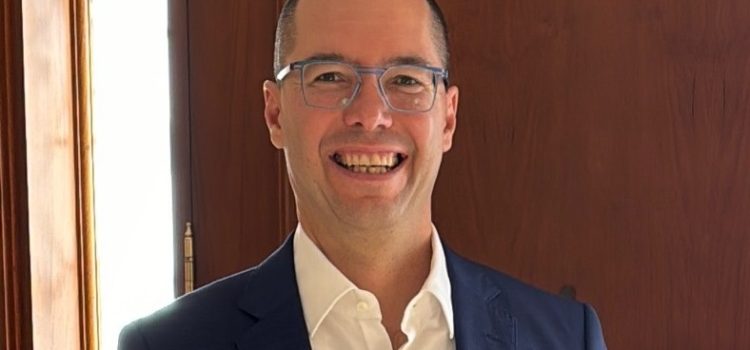
Outlier Ventures has announced that its AI, tokenization, digital identity teams have joined the FutureSpark Base Camp accelerator program taking place in Riyadh at Monsha’at.
The cohort comprises teams from countries including Saudi Arabia, the United States of America, the United Kingdom, United Arab Emirates, Portugal and The Marshall Islands. Collectively the founders are developing cutting-edge technologies across Gaming, Artificial Intelligence (AI), Payment Solutions, Real World Assets (RWA) and Digital Identity, helping advance the Web3 ecosystem in the region and driving technological advancements across Saudi Arabia as part of Vision2030.
Announcing the first FutureSpark Base Camp cohort with the support of NTDP is an exciting moment in Outlier Ventures’ commitment to accelerating the development of high-growth Web3 ecosystems globally.
“We are very excited to welcome the founders participating in the first FutureSpark Base Camp program in Saudi Arabia. Over the 12-week program, the cohort is gaining invaluable tailored guidance from Outlier Ventures’ team of experts, the incredible mentors and support from NTDP.” Said Stephan Apel, CEO and Founding Partner. “This unique experience will not only accelerate their growth, but also help forge meaningful connections within the rapidly developing Web3 ecosystem in Saudi Arabia. We look forward to supporting the founders as we continue to build on our mission to help grow Web3 ecosystems globally.”
The teams participating include Astra Nova (Saudi Arabia), an expansive multimedia gaming universe that leverages web3 and user generated content (UGC) for immersive gaming, Byzanlink (United Arab Emirates), a platform connecting tokenized real-world assets to onchain yield, stability, and sustainable growth.
Byzanlink is a cutting-edge Real-World Asset (RWA) tokenization platform revolutionizing the management of traditional financial assets on-chain. By seamlessly bridging traditional finance (TradeFi) with decentralized finance (DeFi), Byzanlink empowers institutions and investors with access to diverse, yield-generating opportunities. It enables asset managers and SMEs to tokenize assets, reduce operational costs, unlock new capital sources, and achieve optimal risk management, transparency, and efficiency.
Also included are Feed Protocol (United States of America) which unlocks the blockchain for developers, startups, and organizations by providing powerful data streams, Kodex (United Kingdom) a unified Digital Law and Order Protocol: Censorship-Resistant Safety Monitoring for Web3 dApps, Games and Metaverses.
Kodex is the first truly decentralized, censorship-resistant trust and safety solution for social media, online games, and metaverses. At its core is The Kode – a unified rulebook defining harmful behaviors like fraud, harassment, toxic content, and disinformation, supported by a decentralized array of AI nodes and human reviewers that operate solely based on The Kode and nothing else, ensuring a consistent, impartial approach that’s both standardized and immune to external bias.
In addition LIFT (United States of America) a decentralized platform enables non-technical users to train AI Agents to analyze sports, games, social and security video — and trigger actions based on events detected in real-time is also participating.
As well as Oumla (Saudi Arabia) who are simplifying blockchain technology by providing a secure and scalable infrastructure for businesses and government agencies. Oumla enables developers to easily build on top of blockchains. You don’t need to learn complex, low-level Blockchain-specific APIs. By using our API/SDKs, you can accelerate your time to market and minimize security concerns.
Others include Ouroboro Labs (Portugal) a Layer-3 blockchain built to seamlessly onboard millions of gamers to web3. With lightning speeds, abstractable infrastructure and games across various genres.
Sorbet (Saudi Arabia) The modern digital wallet for freelancers—collect payments globally, store earnings in USDC, and manage your business as an independent, all in one place.
Waslah (Saudi Arabia) Waslah unlocks power of energy aggregation to save money and stabilize the electric grid. Saudi built circular energy network – that connects appliances, use AI for data processing to optimize energy management. Through predictive analytics and real-time demand-supply balancing we enhance grid stability.
Finally, YalGamers (Marshall Islands), a Web3 gaming ecosystem empowering gamers to earn, and developers to build with innovative tools and social features.
The FutureSpark program forms part of Outlier Ventures’ Base Camp accelerator programs that focus on supporting founders globally helping them to accelerate their product market fit. The program will culminate in a demo day in January in Riyadh. For more information go here: https://outlierventures.io/base-camp/








